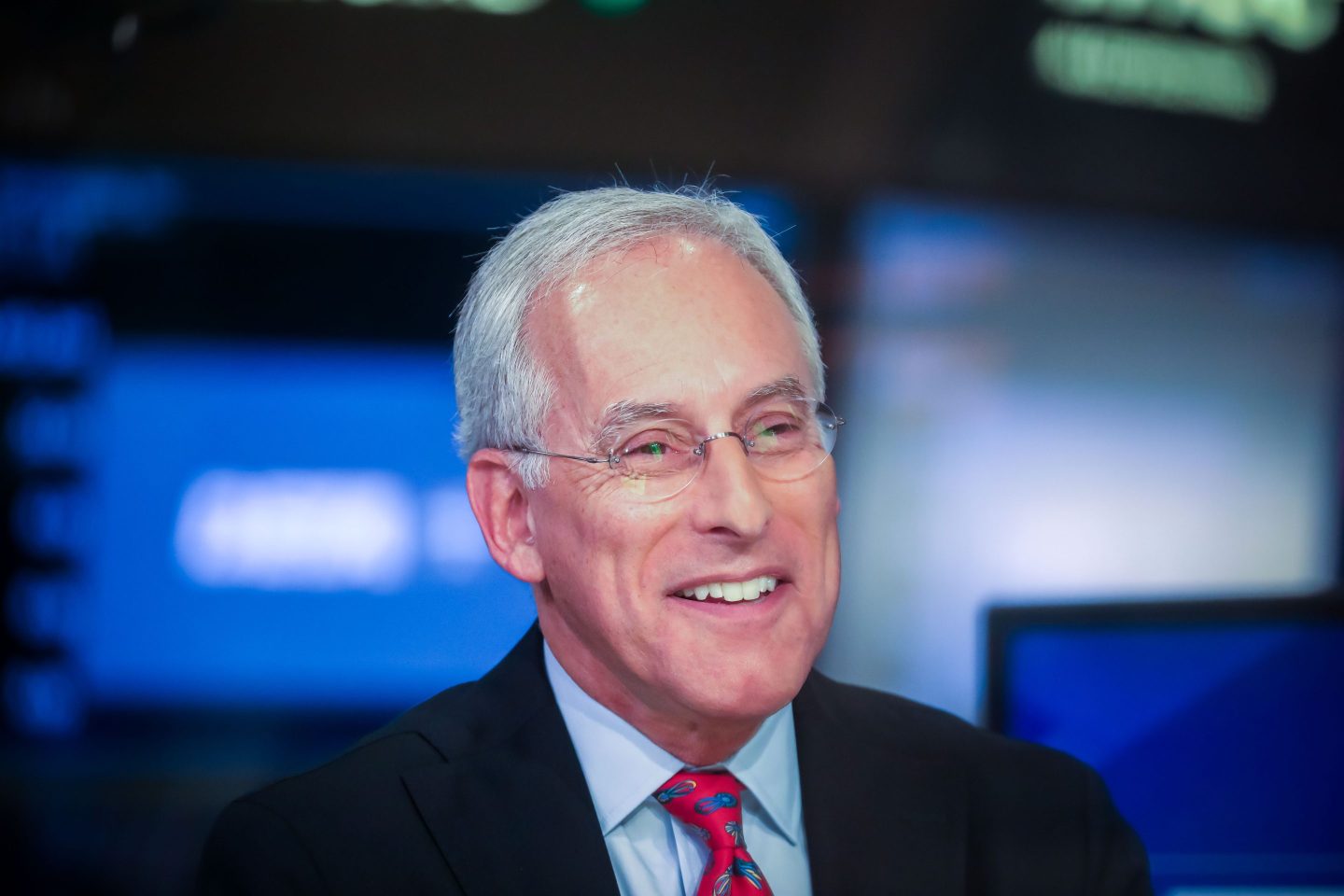Hello and happy hump day, readers.
Sage Therapeutics notched a pioneering victory on Tuesday when the Food and Drug Administration (FDA) approved its postpartum depression drug Zulresso. It’s the first ever treatment to be FDA approved for postpartum depression, the most common mental health condition faced by women who have given birth.
The agency’s approval of Zulresso, the brand name for a therapy called brexanolone, was widely expected following favorable reviews from an advisory committee. But it doesn’t come without controversy.
In fact, as the FDA explains, the drug’s marketing comes with a number of restrictions. “Because of concerns about serious risks, including excessive sedation or sudden loss of consciousness during administration, Zulresso has been approved with a Risk Evaluation and Mitigation Strategy (REMS) and is only available to patients through a restricted distribution program at certified health care facilities where the health care provider can carefully monitor the patient,” wrote the FDA’s Tiffany Farchione in a statement.
Zulresso must be administered via IV infusion by a doctor at a health care facility. The whole episode, however, reflects the complexity of developing effective depression treatments; these drug’s efficacy can vary depending on the individual.
But Zulresso is also the second novel medication for a depression-associated disorder in the past few weeks. Earlier this month, the FDA approved Johnson & Johnson’s nasal spray for a version of ketamine to treat serious depression. That’s a different kind of disorder from the postpartum kind (with a significantly different action mechanism)—but the agency appears ready, and willing, to spur ahead treatments in a difficult field.
Read on for the day’s news.
| Sy Mukherjee | |
| @the_sy_guy | |
| sayak.mukherjee@fortune.com |
DIGITAL HEALTH
Peloton faces the music. What happens when a high-tech exercise bike brushes up against music IP? A lawsuit! The National Music Publishers' Association (NMPA) is suing Peloton over alleged unauthorized use of various musicians' work in the at-home spin class firm's workout routine. "Instead of recognizing the integral role of songwriters to its company, Peloton has built its business by using their work without their permission or fair compensation for years," said NMPA president and CEO David Israelite in a statement. "It is frankly unimaginable that a company of this size and sophistication would think it could exploit music in this way without the proper licenses for this long, and we look forward to getting music creators what they deserve." Tech Crunch reports that Peloton responded with this statement: "Peloton has great respect for songwriters and artists. In fact, we have partnered with each of the major music publishers, record labels and performing rights organizations, and many leading independents. We have also invested heavily to build a best-in-breed reporting and licensing system to support our partners and provide our members with a world-class fitness experience." (TechCrunch)
INDICATIONS
Gilead just hiked a bunch of drug prices. Facing a barrage of competition and a mixed bag when it comes to sales of its new products, biotech giant Gilead has hiked prices for some of its best performers, including HIV drugs such as Atripla, Biktarvy, and the PrEP product Truvada. Interestingly enough, the 4.9% price hikes for these legacy HIV meds may actually be lower than they would have been in an earlier era when high prices weren't at the center of a political maelstrom, according to Piper Jaffray's Tyler Van Buren. (Barron's)
THE BIG PICTURE
The social determinants of health. Count former National Coordinator for Health Information Technology Karen DeSalvo among those who think socioeconomic conditions have a large party to play in determining American's health. "No single sector can do this alone. It will take a multi-sectoral partnership between the public sector and the private sector. We have to begin to address the social and environmental and behavior factors that drive health ... If we can affect social and environmental and behavioral factors that drive health, we can change outcomes," she said during a public health event at Thomas Jefferson University on Tuesday. (MedPage Today)
REQUIRED READING
Novartis CEO: It's Time to 'Pivot Towards Transformational Innovation', by Susie Gharib
Electronic Voting Systems Are Buggy But Needed, by Robert Hackett
A Woman Wins the 'Abel' for the First Time Ever, by Laura Stampler
National Portrait Gallery Rejects Donation from Purdue Pharma's Sackler Family, by Don Reisinger
| Produced by Sy Mukherjee | |
| @the_sy_guy | |
| sayak.mukherjee@fortune.com |












